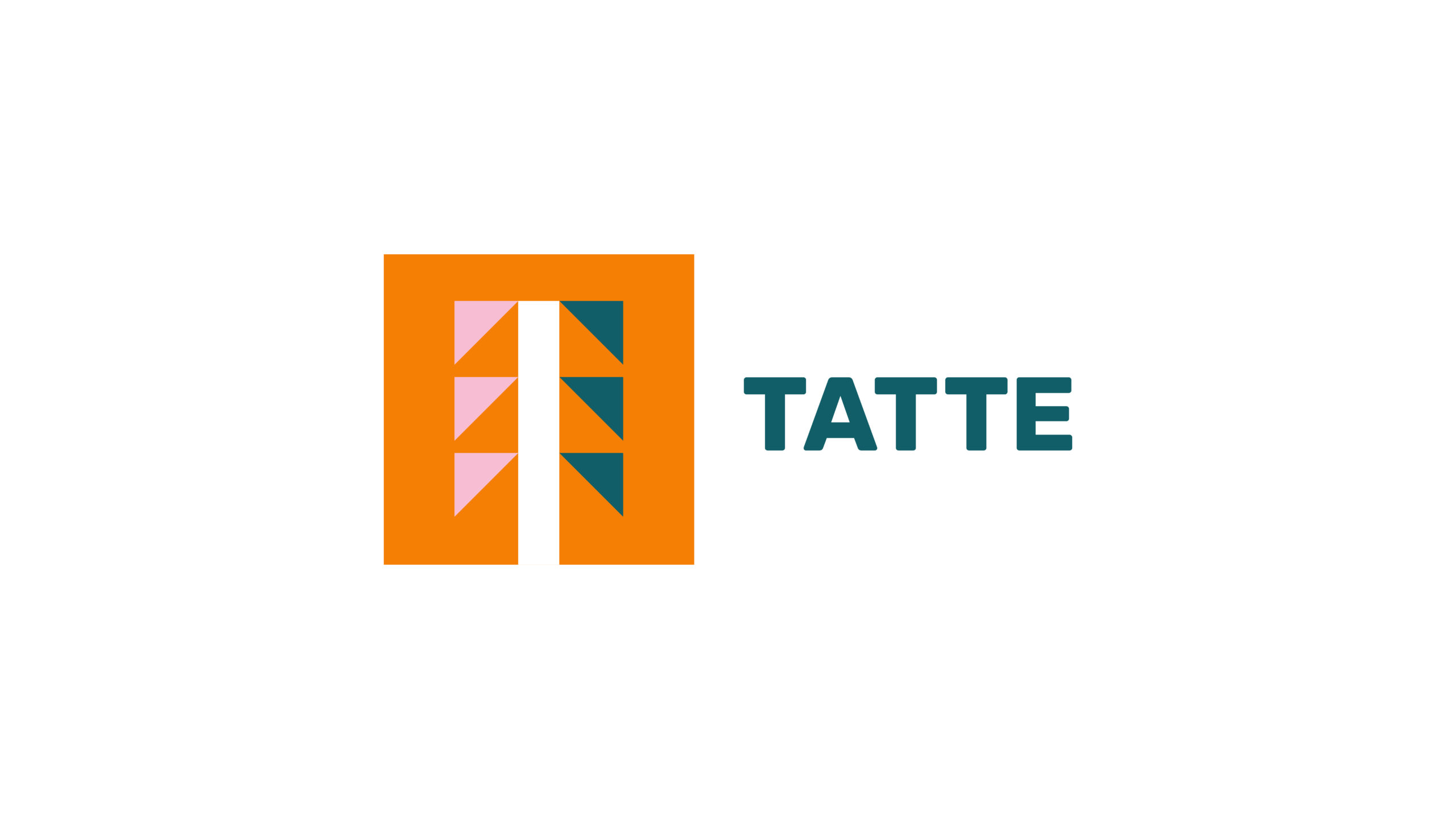Yesterday on 13 September, 2021, Tampere University unexpectedly announced that it would begin cooperation negotiations concerning its centralised support staff. The cooperation initiative concerns 1,100 members of staff and the estimated number of person-years to be reduced is 215. As such, a significant portion of the centralised support staff are currently under the threat of redundancy.
The University has justified initiating the negotiations by appealing to financial and operational reasons, which stem from reduced basic funding and a balance deficit.
“Claiming that this is a matter of financial necessity is artificial and tendentious. The entire time following the university merger the university leadership has emphasized that a deficit is not a problem because mergers have costs, and that the returns of investment of the university’s yield on capital are meant to be used. Up until now, the university management has not considered the deficit to be a problem, but instead has considered it as a natural and desirable state. Now the deficit is suddenly being used as the justification for discharging a massive number of staff,” says Hanna Kuusela, member of the Academic Board.
The employer appeals to its need to secure its core functions.
“Cutting resources from the support staff is very short-sighted. Significant and increasing amounts of administrative work have already been shifted to teaching and research staff. Cutting from support staff means cutting from the essential conditions of conducting research, teaching and societal interaction at the university,” says Sanni Tiitinen, vice-president of the Finnish Union of University Researchers and Teachers.
Tampere University began its work on 1 January, 2019. This was preceded by a taxing period of preparing for the university merger.
“Following the merger, the university community has experienced post-merger changes, and in this short period of time the organization has been revised multiple times, the staff have undergone the harmonisation of salaries and job titles and a revision of their work tasks, and the last year and a half have been spent working remotely, amidst a pandemic. At the same time, we have adopted new information systems and even thought about the kinds of working environments we will return to. The workload has been substantial. Now the cooperation negotiation initiative is a slap on a very tired face, indeed, and a completely unexpected one. The theme of 2020 at Tampere University was wellbeing at work. Seems we can now forget about wellbeing at work, and simultaneously perhaps say goodbye to the most skilled and thoroughly worn out professionals,” says Liisa Ahlava, TATTE vice-president, who currently works in the centralised support staff now facing the cooperation negotiations.
“It is known at the university that the support staff are already considerably burdened, and these actions show that we are regrettably far from the aim of finding the best workplaces in Finland in the context of higher education, as envisioned in the Roadmap for Implementing Vision 2030. It is clear that the core function of the university at Tampere is endangered,” says Tiitinen.
